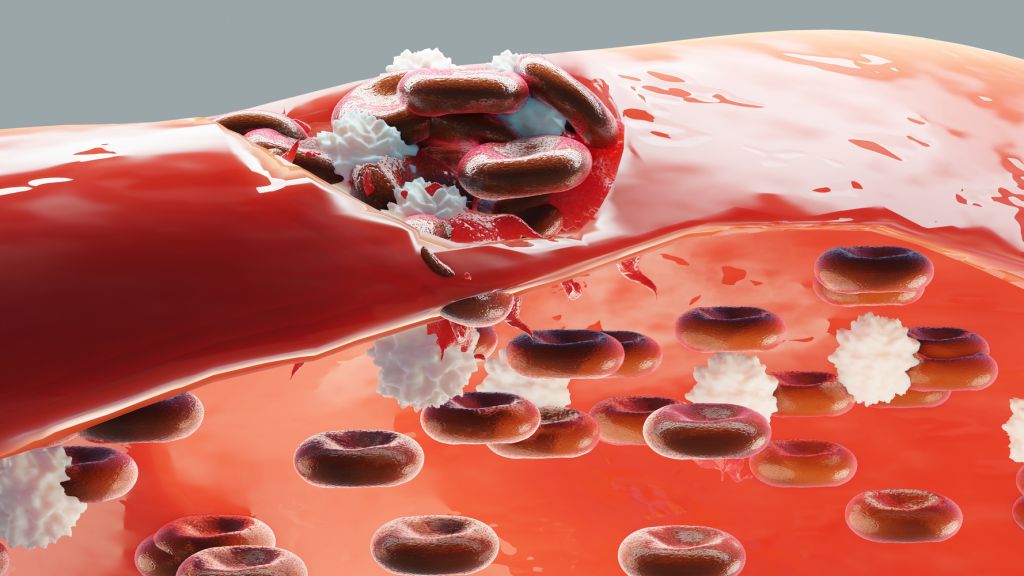A drug to accelerate wound healing and reduced scar volume has had a major breakthrough shown in results from a first in human trial.
Ilya Pharma, a clinical stage immunotherapy company presented the findings at the US Defense Department’s (DoD) Military Health System Research Symposium (MHSRS) Conference in Florida and made the announcement yesterday (September 12).
In what Ilya Pharma has called a major breakthrough, drug candidate, ILP100, uses transformed lactic acid bacteria to produce and release the human chemokine CXCL12 for local immune-regulation.
Experimentally induced wounds
The data that was presented at MHSRS came from a trial of 26 healthy volunteers with experimentally induced wounds. As well as military applications, Ilya Pharma believes the drug ILP100, with its low production costs and stability would be perfect for all ambulatory settings.
The company said it is excited that the DoD selected the project to participate at the annual medical partnering conference.
About Ilya Pharma’s ILP100 trial
The trial was designed as adaptive, randomized, double-blind and placebo controlled which had ascending single and multi-dosing. The results show that administration of repeated doses of the drug in acute wounds is safe and well-tolerated.
Three blinded independent validators carried out individual assessments that each indicated that wounds treated with the drug were registered as healed on average six days faster and 11 days faster for the highest dose than control-treated wounds. They found this led to more healed wounds at the end of the active phase of the study in a possible dose-dependent manner.
The company said the results were all well positioned compared to the only two pharmaceuticals currently approved for wound healing for which 1-2 day accelerated healing in acute wounds is considered as clinically meaningful.
Ilya is currently developing a portfolio of three first-in-class immunotherapies for skin and mucosal diseases, including ILP100-Topical for treatment surgical wounds in diabetic, prediabetic and obese patients especially at risk, ILP100-Topical for diabetic ulcers and ILP100-Oral for patients with immune mediated enterocolitis resulting from cancer treatment with checkpoint inhibitors.
CEO and co-founder, Evelina Vågesjö, said: “We are delighted by the interest shown at this conference. Our approach is attracting increasing interest because of its universal applicability together with the low cost of manufacture and excellent stability as demonstrated so far. We believe this could lead to collaboration projects for proof of concept in special indications relevant to the military.”
ILP100 is also known as emilomogene sigulactibac as recommended by the WHO.





